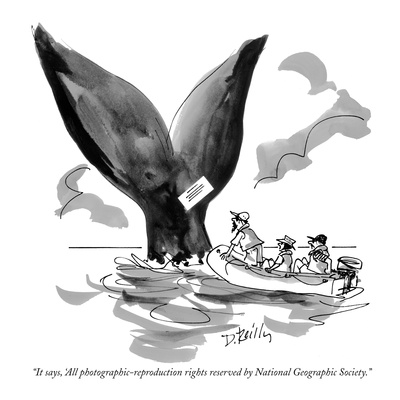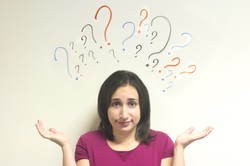Last week, a very close friend of mine called me in a panic, because she had been sued for using an image she received in email on her blog. She had not bothered to inform herself about copyright law as it applies to images, and naively assumed that if she did not see a watermark or a copyright notice, she would be able to use an image.
Not only was she named in the lawsuit, but the person from whom she leases her office was named, too! And of course, even though she is my dear friend, she went into a rant about how the law sucks, and it's stupid, and people are not informed, and all that, but in the United States, "ignorance of the law is no excuse." So before you use an image in anything you publish, whether it be an email, a blog post, an article, or something else, you need to ensure you have the right to use that image, or you, too, could wind up in court with absolutely no legal defense.
[Thumbnail image licensed for commercial use from HubSpot]










 My Experience with KaiZenon 04/19/2016
My Experience with KaiZenon 04/19/2016
 How to Use Your Car Cigarette Lighter: Fun, Ridiculous and Useful Aftermarket 12-volt Accessorieson 10/03/2015
How to Use Your Car Cigarette Lighter: Fun, Ridiculous and Useful Aftermarket 12-volt Accessorieson 10/03/2015
 Why Use NextDoor?on 07/13/2015
Why Use NextDoor?on 07/13/2015
 Food Network Toaster Reviewon 06/12/2015
Food Network Toaster Reviewon 06/12/2015



Comments
Thank you for the kind words!
I mostly use public domain images, but had affiliate accounts with art.com and allposters.com. Now that they have changed to cj I will have to replace those images.
A very useful article. Apart from photos that I have taken myself, I use fotolia, for whose images I pay a small fee. You need to have an account with fotolia. I purchase credits from them. I have never used creative commons.
You're very kind. Thank you!
Excellent information—but I've come to expect nothing but excellence from you. Well done.
It doesn't matter if you see the image on multiple web sites. Those people may either have bought a license to use the image, or they may be stealing it. If you use an image simply because someone else is using it, you may be subject to fines of thousands of dollars per image. It is your responsibility to assume the image is under copyright unless you can find evidence otherwise. No image is worth going to court over.
This is quite informative and a lesson for all of us too, however i am a bit confused with images and copyright. How is it possible to know who is the original creator of a particular image when we see that image on numerous websites? This keeps happening all the time, when i seach google images, one image is seen on many websites, so what are we supposed to do in such a case, i know we need to use only free images but sometimes it becomes important to use google images with regard to the content of the article, Please advise.